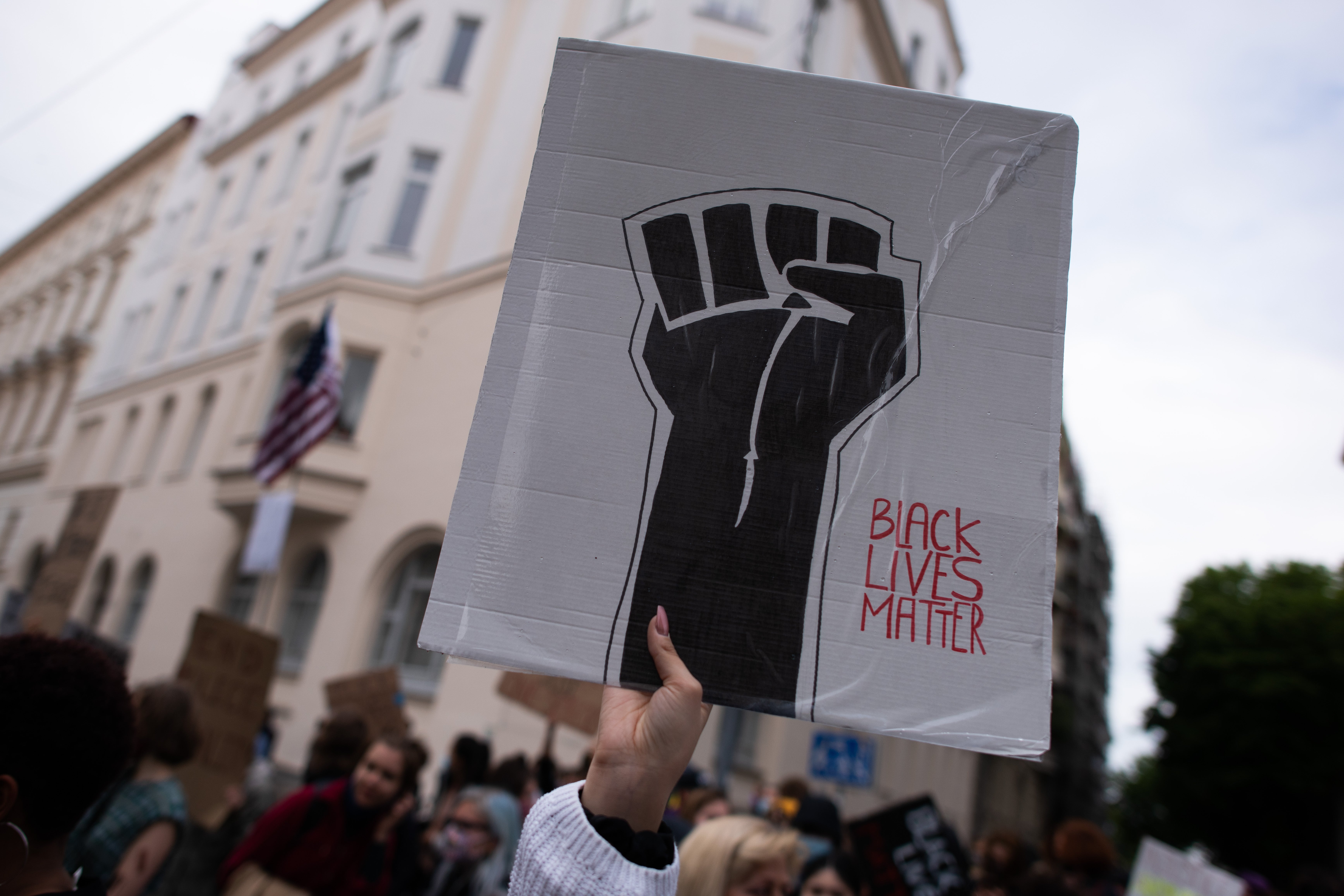Racism is real – we will get nowhere until we all acknowledge this
Racism is a systemic, structural and institutional problem in a country with a history of colonial oppression, empire and slavery


Your support helps us to tell the story
From reproductive rights to climate change to Big Tech, The Independent is on the ground when the story is developing. Whether it's investigating the financials of Elon Musk's pro-Trump PAC or producing our latest documentary, 'The A Word', which shines a light on the American women fighting for reproductive rights, we know how important it is to parse out the facts from the messaging.
At such a critical moment in US history, we need reporters on the ground. Your donation allows us to keep sending journalists to speak to both sides of the story.
The Independent is trusted by Americans across the entire political spectrum. And unlike many other quality news outlets, we choose not to lock Americans out of our reporting and analysis with paywalls. We believe quality journalism should be available to everyone, paid for by those who can afford it.
Your support makes all the difference.In 1960, in Sharpeville, South Africa, police opened fire at people protesting against apartheid laws, killing 69 people. Out of this tragedy came the International Day for the Elimination of Racial Discrimination – which is today, 21 March – and the UN Convention on the Elimination of All Forms of Racial Discrimination.
Over 60 years on, Black, Asian and ethnic minority people are still fighting the fight for an anti-racist and equal society.
We are also nearly a year to the day into the first coronavirus lockdown. The last year has been tough on all of us but the effects of the pandemic have been felt acutely by Black, Asian and ethnic minority people. In the first wave of the pandemic, Black people were four times more likely to die from the virus. Data from the second wave shows that Bangladeshi and Pakistani people are still three times more likely to die.
Baroness Doreen Lawrence’s review concluded that Black, Asian and ethnic minority people had been overexposed, underprotected and overlooked during the first wave of the pandemic. The economic impacts are also being felt unequally: the unemployment rate for ethnic minorities is 9.5 per cent, nearly double the rate for white people at 4.5 per cent.
But inequalities of race and ethnicity in the UK long predate the pandemic. Being Black and British in 2021 still means you are nine times more likely to be stopped and searched, three times more likely to be excluded from school, and four times more likely to die in childbirth.
There is a common thread here: structural racism, in our health system, education system and criminal justice system.
These are facts and figures, not “fashion”, as the minister for women and equalities would have us believe. Her government rejects structural racism and would like us to think that racism is a case of a “few bad apples”. This simply is not true and if we want to meaningfully transform society, we need to think about systemic change, not individual issues.
When the United Nations reviewed the UK’s progress in complying with the Convention on the Elimination of All Forms of Racial Discrimination in 2016, they stated concerns that the UK had not fully implemented it into domestic law.
The Joint Committee on Human Rights’ damning report in 2020 also stated concern, citing the fact that three-quarters of Black people in the UK do not believe their human rights are equally protected compared to white people. This will be no surprise to many Black, Asian and ethnic minority people, who still experience racism every day.
Read more:
Last summer, after the murder of George Floyd in the US, the resurgence of the global Black Lives Matter movement caused widespread protest against racial discrimination and injustice.
This week, however, we saw the government seek to shut down democratic dissent against racism with the Police, Crime, Sentencing and Courts Bill taking direct aim at Black Lives Matter protesters. We must stand against this attack on civil liberties.
As anyone observing responses to the Duchess of Sussex’s interview earlier this month with Oprah Winfrey can see, racism – and misogyny – is still alive and well today. There is much to do. And it starts with even our most revered and oldest institutions admitting there is a problem.
Racism is real. It is the lived experience of many people, including myself. It is a systemic, structural and institutional problem in a country with a history of colonial oppression, empire and slavery.
We need meaningful action against structural and institutional racism. Labour has committed to a race equality act that addresses structural inequality and seeks to fundamentally change the systems and institutions where these injustices exist. This begins by accepting and acknowledging the reality of structural racism.
Labour is and always will be the party fighting for social justice: every piece of race equality legislation in the UK was brought in by a Labour government and I am proud to say that the next Labour government will introduce a race equality act.
As Angela Davis said: “In a racist society, it is not enough to be non-racist, we must be anti-racist.” On the 61st International Day for the Elimination of Racial Discrimination, this struggle continues.
Progress towards racial justice is too slow. Some days, it can feel like it is going backwards. Racism is real. And I will keep saying that until it is not.
Marsha de Cordova is the shadow women and equalities secretary and the Labour MP for Battersea